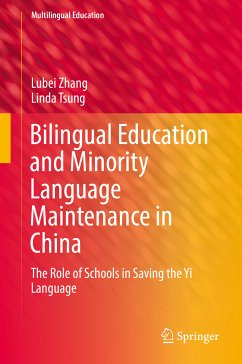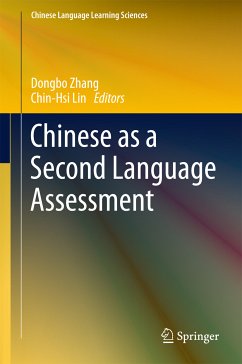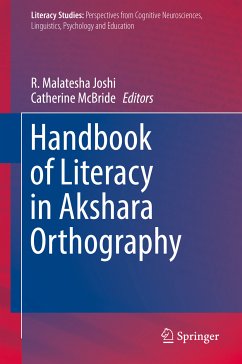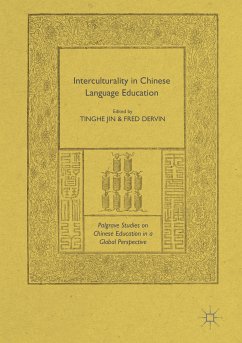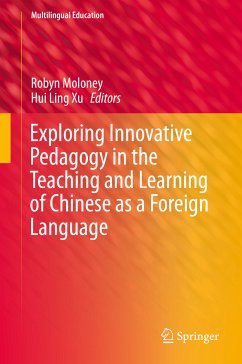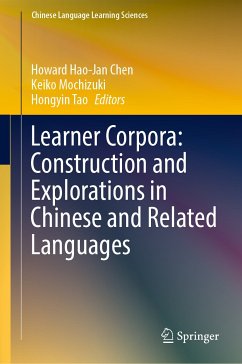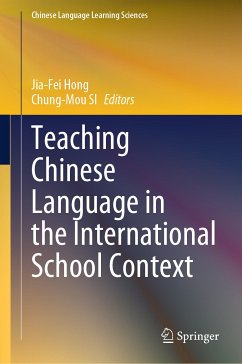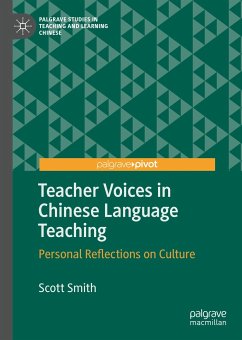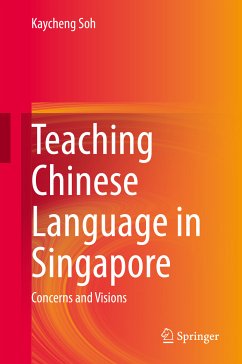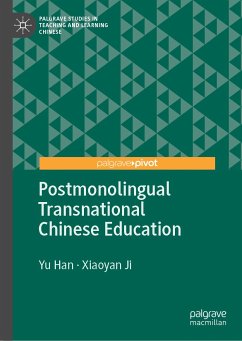
Computational and Corpus Approaches to Chinese Language Learning (eBook, PDF)

PAYBACK Punkte
36 °P sammeln!
This book presents a collection of original research articles that showcase the state of the art of research in corpus and computational linguistic approaches to Chinese language teaching, learning and assessment. It offers a comprehensive set of corpus resources and natural language processing tools that are useful for teaching, learning and assessing Chinese as a second or foreign language; methods for implementing such resources and techniques in Chinese pedagogy and assessment; as well as research findings on the effectiveness of using such resources and techniques in various aspects of Ch...
This book presents a collection of original research articles that showcase the state of the art of research in corpus and computational linguistic approaches to Chinese language teaching, learning and assessment. It offers a comprehensive set of corpus resources and natural language processing tools that are useful for teaching, learning and assessing Chinese as a second or foreign language; methods for implementing such resources and techniques in Chinese pedagogy and assessment; as well as research findings on the effectiveness of using such resources and techniques in various aspects of Chinese pedagogy and assessment.
Dieser Download kann aus rechtlichen Gründen nur mit Rechnungsadresse in A, B, BG, CY, CZ, D, DK, EW, E, FIN, F, GR, HR, H, IRL, I, LT, L, LR, M, NL, PL, P, R, S, SLO, SK ausgeliefert werden.



